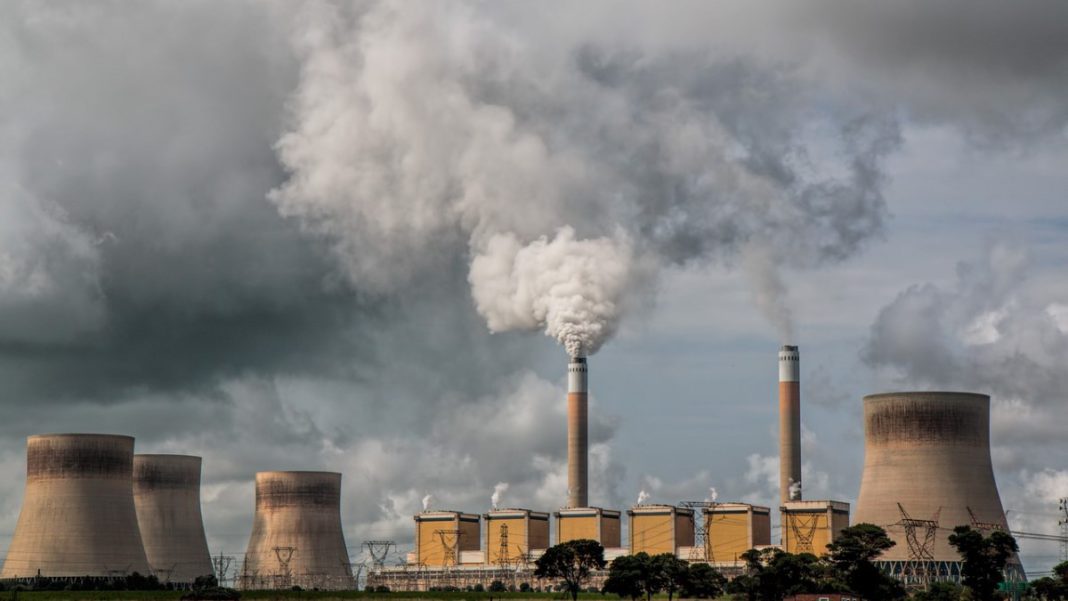INDIA: The pursuit of infinite energy has long captivated the minds of scientists, researchers, and visionaries. The concept of harnessing an unlimited power source holds the promise of transforming our world, resolving energy crises, and propelling us towards a sustainable future.
However, the paradox lies in the inherent contradictions and challenges of achieving such an ambitious goal. At its core, the paradox of infinite energy revolves around the fundamental laws of thermodynamics, which dictate energy behaviour in our universe.
The first law states that energy cannot be created or destroyed; it can only be transformed from one form to another. This principle implies that any energy generation process must adhere to conservation, making infinite energy seemingly impossible.
Yet, the allure of infinite energy persists. Over the years, countless scientific endeavours have sought to circumvent these limitations by exploring alternative power generation sources.
Researchers have delved into uncharted territories to unlock the secrets of seemingly boundless energy, from nuclear fusion to zero-point energy and quantum phenomena.
Nuclear fusion, the process that powers the sun, is one avenue that holds promise. Fusing light atomic nuclei together can release immense amounts of energy.
Scientists have been striving to replicate this process on Earth, envisioning a future where fusion reactors provide clean, safe, and virtually limitless energy.
However, achieving controlled fusion reactions remains complex and formidable, with numerous technical and engineering obstacles yet to be overcome.
Another area of exploration lies in zero-point energy, which refers to the residual energy that exists even at absolute zero temperature. The concept suggests that space is not empty but teeming with fluctuations that we can tap as an energy source.
While intriguing, harnessing zero-point energy remains highly speculative, as the practical extraction of usable energy from these quantum fluctuations remains a significant challenge.
The paradox deepens when considering the implications of infinite energy for the fabric of our society. While unlimited power generation might solve energy scarcity, it could also lead to unforeseen consequences.
Questions of resource allocation, economic systems, and the balance of power come into play. The shift to infinite energy sources would require significant infrastructural and societal transformations, necessitating careful consideration and planning.
Moreover, the paradox extends to the environmental impact of infinite energy. While the dream of clean and sustainable power generation is inherent in the pursuit of infinite energy, developing and implementing new technologies could inadvertently introduce unforeseen ecological challenges.
Also Read: Unravelling the Mysteries: The Paradox of Thermodynamics and Its Mind-bending Conundrums



